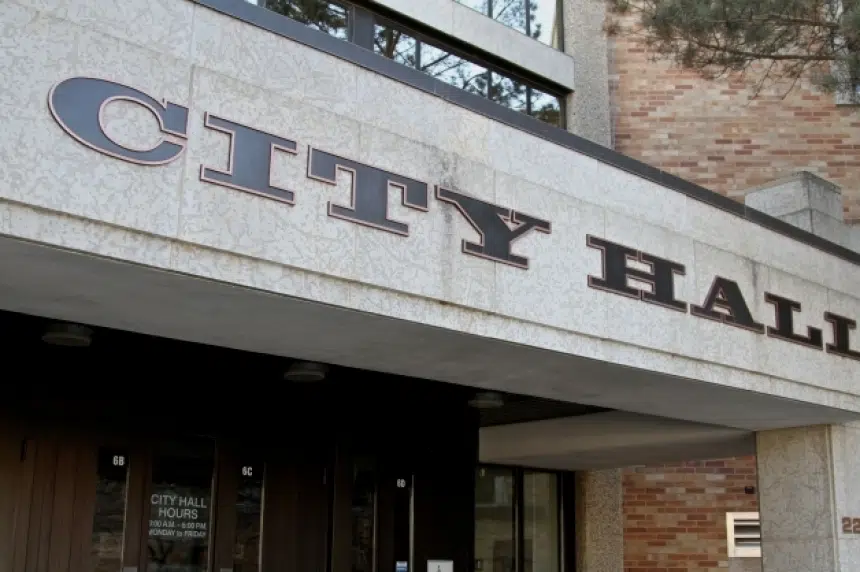As the reality continues to set in amid the COVID-19 pandemic in Saskatoon, many changes throughout the city have taken place at the municipal level.
From unenforced city parking to free transit, to closures of all public facilities, the city has worked to be proactive and stop the spread of COVID-19.
It all began back on March 9, when the city held a press conference to assure the public that the Juno Awards were expected to continue on March 15.
At that point, the province had no confirmed cases of COVID-19, but the city said it was “monitoring and actively engaged in assessing the impact” of COVID-19 since the start of 2020.
Just three days later on March 12, the awards were cancelled as Saskatchewan announced its first case of COVID-19. The day prior, Saskatoon Fire announced that four of its members had to self-isolate in Fire Station No. 4.
Since those initial days, the changes came rapidly.
On March 14, the city added a landing spot on its website to share with the citizens the latest COVID-19 information and what services could be affected.
The next day, the city announced closures to many of the city’s leisure facilities. The list of closures included the Saskatoon Forestry Farm Park & Zoo, the Shaw Centre and the Saskatoon Field House.
Saskatoon Public Libraries also announced the closures of its facilities later that evening.
The next update came on March 17, where the city announced that it is maintaining its essential services such as garbage collection and snow clearing. It also reassured the public that Saskatoon Light & Power, water treatment and wastewater processes were unaffected.
24 hours later, the announcement came through that the city would close all facilities to the public, but would maintain the city’s core services.
During a teleconference, the city director of emergency services Pamela Goulden-McLeod stressed the need for residents to stay at home to help stop the spread of COVID-19.
“What we do in the next 24 to 48 hours will determine the long-term outcome for our city.”
During the teleconference, Goulden-McLeod said the province should stop all public gatherings entirely. Earlier in the day, the province announced the declaration of a state of emergency.
The next day, the city said residential parking rules would change, and it wouldn’t enforce regulations within existing time constraints to ensure people would stay in their homes. Also, changes were made to transit by allowing free rides and rear-door entry on city buses.
Financially, the city also gave citizens some help by suspending utility disconnections until Sept. 30. Late payment charges were also suspended until that date.
Property taxes were also given a three month grace period, also due on Sept. 30. Billing will still be delivered by the end of May.
A day later – the final update the city formally made was to stop enforcing public parking in all areas, including the downtown core.
It also supported the province’s decision regarding restrictions on social gatherings. As it stands Monday morning, the situation continues to change rapidly, but the maximum sits at 25 for social gatherings across the province.
In the latest update, the number of COVID-19 cases in Saskatchewan stands at 52, with eight new cases announced Sunday and 18 on Saturday. According to the government website, the city of Saskatoon has 17 confirmed cases, and four presumptive.
The city will again update its operations Monday afternoon at its regular city council meeting. It’s expected to be held in city chambers, with many participating over the phone or by teleconference.











